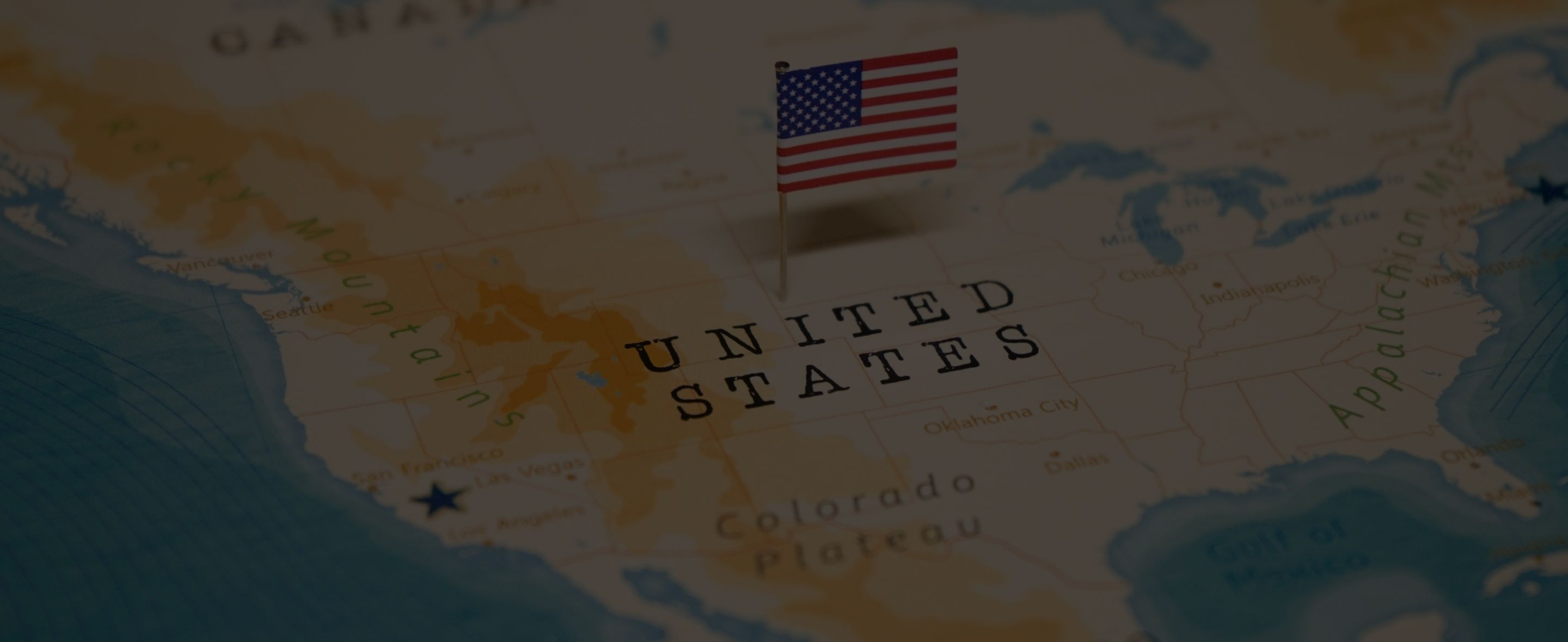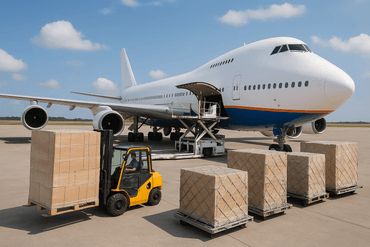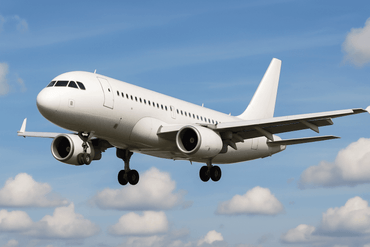
Importing to the US



To avoid problems arising during the clearance of your merchandise when importing to the US it is strongly recommended to familiarize yourself with the U.S. Customs and Border Protection (CBP) policies and procedures before actually importing/exporting your goods. It is important that you are aware of any specific entry requirements the merchandise you are importing may require, including those other federal agencies may require. To assist you, we have provided the following tips for new importers, supported by information from the CBP.
WHAT KIND OF LICENSE IS REQUIRED TO IMPORT MERCHANDISE INTO THE UNITED STATES?
The CBP does not require an importer to have a license or permit, but other agencies may require a permit, license, or other certification. This depends entirely on the commodity that you are importing. CBP acts as an administrative capability for these other agencies, and you may wish to contact them directly for more information. We have provided links to other government agencies and departments at USA.gov. ( A-Z Index of U.S. Government Departments and Agencies ) There is a listing of other government agencies in the appendix section of the publication Importing Into the United States. ( Importing into the United States (pdf - 467 KB) ) You may also need a license from local or state authorities to do business. CBP entry forms asks for your importer number: this is either your IRS business registration number, or if your business is not registered with the IRS or you do not have a business, your social security number will be sufficient. As an alternative, you may request a CBP assigned number by completing a Customs Form 5106 and presenting it to the Entry Branch at a CBP port of entry. ( CBP Form 5106 )
ALTHOUGH CERTAIN RESIDENT IMPORTERS AND EXPORTERS MAY FILE ENTRIES ON THEIR OWN BEHALF, MANY FIRST TIME IMPORTERS AND EXPORTERS CONSULT A LICENSED CUSTOMS BROKER.
Those importing merchandise for their own use often hire a customs broker, particularly if they find the importing procedures complicated; however, they may make entry on their own. Importers wishing to consult the professional services of a customs broker may do so. Remember, even when using a broker, you, the importer of record, are ultimately responsible for the correctness of the entry documentation presented to CBP and all applicable duties, taxes and fees.
IMPORTER SECURITY FILING (ISF/“10+2”) MANDATORY FOR OCEAN VESSEL SHIPMENTS.
On January 26, 2009, the new rule titled Importer Security Filing and Additional Carrier Requirements (commonly known as “10+2”) went into effect. This new rule applies to import cargo arriving to the United States by vessel. Failure to comply with the new rule could ultimately result in monetary penalties, increased inspections and delay of cargo.
What is an Importer Security Filing? Under the new rule, before merchandise arriving by vessel can pass into the United States, the “Importer Security Filing (ISF) Importer,” or their agent (e.g., licensed customs broker), must electronically submit certain cargo information to CBP in the form of an Importer Security Filing. This requirement only applies to cargo arriving in the United States by ocean vessel: it does not apply to cargo arriving by other modes of transportation. Remember, even when using a broker, you, the importer of record, is ultimately responsible for the correctness of the entry documentation presented to CBP and all applicable duties, taxes and fees.
YOU SHOULD RESEARCH GENERAL QUOTA INFORMATION AND QUOTA REQUIREMENTS FOR CERTAIN COMMODITIES PRIOR TO IMPORTING INTO THE UNITED STATES.
Import quotas control the amount or volume of various commodities that can be imported into the United States during a specified period of time. United States import quotas may be divided into two main types: absolute and tariff-rate. Absolute quotas usually apply to textiles and strictly limit the quantity of goods that may enter the commerce of the United States during a specific period. Currently there are no commodities subject to absolute quota restrictions. Tariff-rate quotas permit a specified quantity of imported merchandise to be entered at a reduced rate of duty during the quota period. Once a quota has been reached, goods may still be entered, but at a higher rate of duty.
Quota information is available on the CBP Web site. ( Textiles and Quotas ) This section contains links to information on subjects such as determining whether imported goods are subject to quota restraints. ( Are My Goods Subject to Quota? )
YOU MAY RECEIVE A BILL IF YOUR SHIPMENT IS EXAMINED BY THE CBP.
Under Title 19, section 1467, of the United States Code (19 U.S.C. 1467), CBP has a right to examine any shipment imported into the United States and it is important to know that you, the importer, must bear the cost of such cargo exams. Per the CBP regulations, it is the responsibility of the importer to make the goods available for examination– “The importer shall bear any expense involved in preparing the merchandise for CBP examination and in the closing of packages” (19 C.F.R. 151.6). Household effects are not exempt. No distinction is made between commercial and personal shipments. In the course of normal operations, CBP does not charge for cargo examinations. However, there may still be costs involved for the importer. For example, if your shipment is selected for examination, it will generally be moved to a Centralized Examination Station (CES) for the CBP exam to take place. A CES is a privately operated facility where merchandise is made available to CBP officers for physical examination. The CES facility will unload (devan) your shipment from its shipping container and will reload it after the exam. The CES will bill you for their services. There are also costs associated with moving the cargo to and from the exam site and with storage. Rates will vary across the country and a complete devanning may cost several hundred dollars. The CES facility fulfills the needs of both CBP and the importer by providing an efficient means to conduct exams in a timely manner.
WHERE TO FIND MORE VALUABLE INFORMATION FOR BOTH NEW AND EXPERIENCED IMPORTERS ALIKE
The CBS info center maintains a large array of information which is available to anyone to learn more about the importing process. A useful source is the Frequently Asked Questions data base where you will be able to search useful questions and answers by topic.
We also recommend reviewing the topics the CBS Trade page, in particular Basic Importing and Exporting page which has many topic specific links that can be explored regarding CBS import requirements , arrival of goods, formal entry vs. informal entry, classification, protest, mail shipments, restricted merchandise and more.
For other agency requirements you may need to meet, and if you become a frequent importer with higher valued shipments, we recommend you read Importing into the United States. ( Importing into the United States (pdf 467 KB) ) This publication contains more in-depth information and is valuable reading for anyone seriously venturing into the importing business.
Related Articles

Cómo Reducir Los Retrasos En El Transporte Aéreo: Consejos Prácticos Para Entregas Puntuales En 2025

